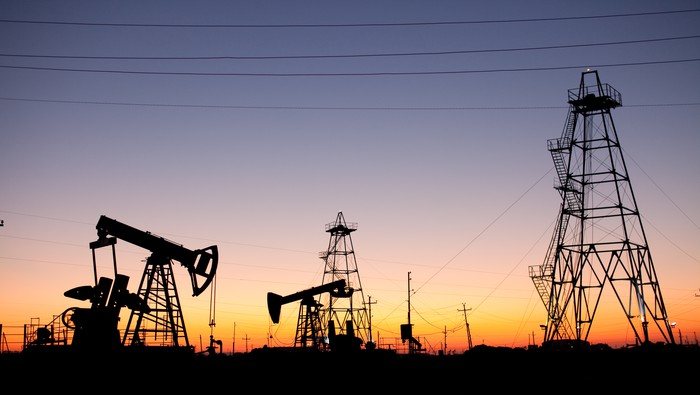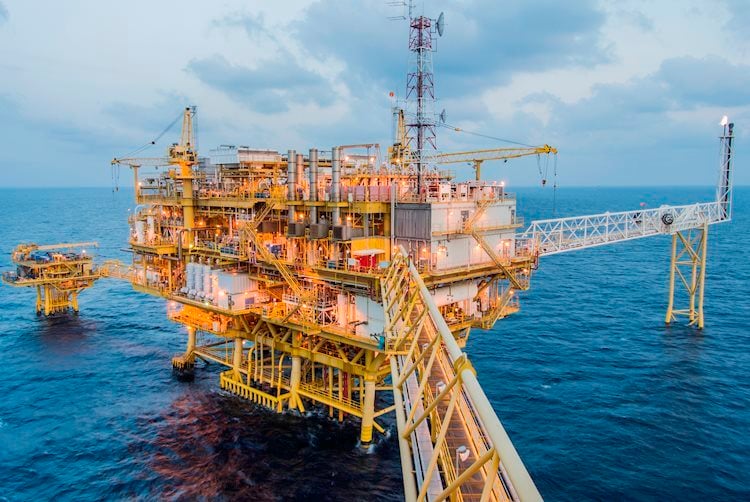As China enters a new period of economic development, commodity markets are expected to experience a significant shift in consumption patterns and trade flows as it sets out on the path to net-zero emissions by 2050. The associated policies will have wider impact for the commodity complex, as reported by strategists at ANZ Bank.
“China is actively looking to limit coal consumption, which is already resulting in a boom for LNG imports. China is also increasing its efforts to limit the impact of heavy industry on the environment. Steel and aluminium are two of the sectors that have been targeted with recent curbs on output. However, Beijing is also looking to limit exports in an effort to reduce emissions. The use of scrap metal in the production process, a more energy efficient process, will also be encouraged.”
“The impact on the commodity market is unlikely to be uniform. Global steel and aluminium markets (ex-China) could tighten, pushing prices higher. However, increased use of scrap could weigh on certain raw materials. The rising cost of this energy transition could also further raise inflation concerns and heighten fears of tightening monetary conditions.”





